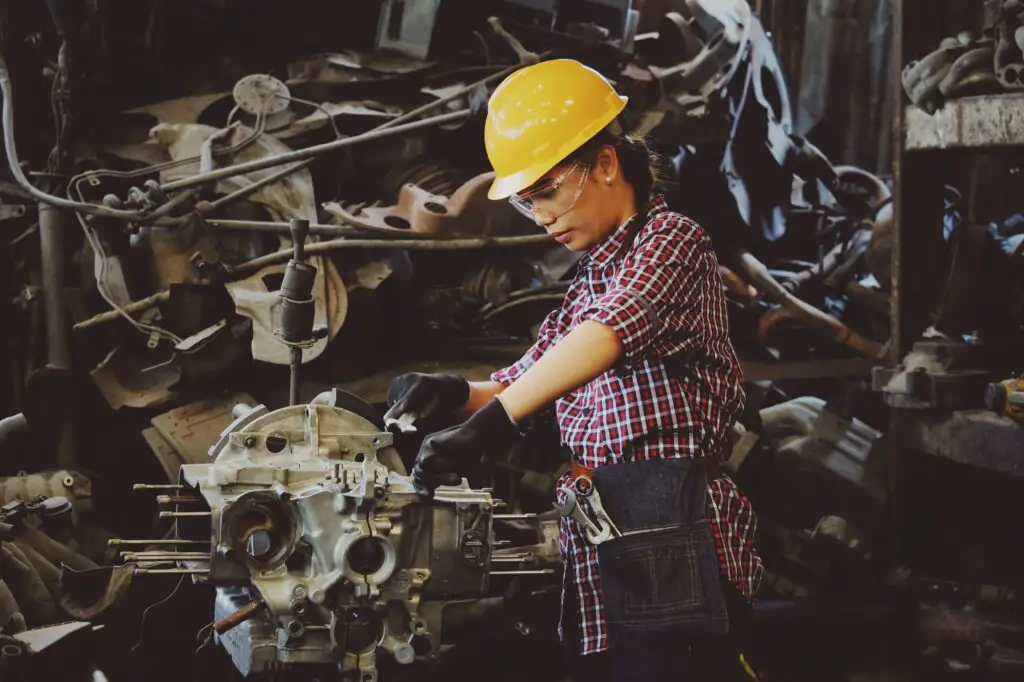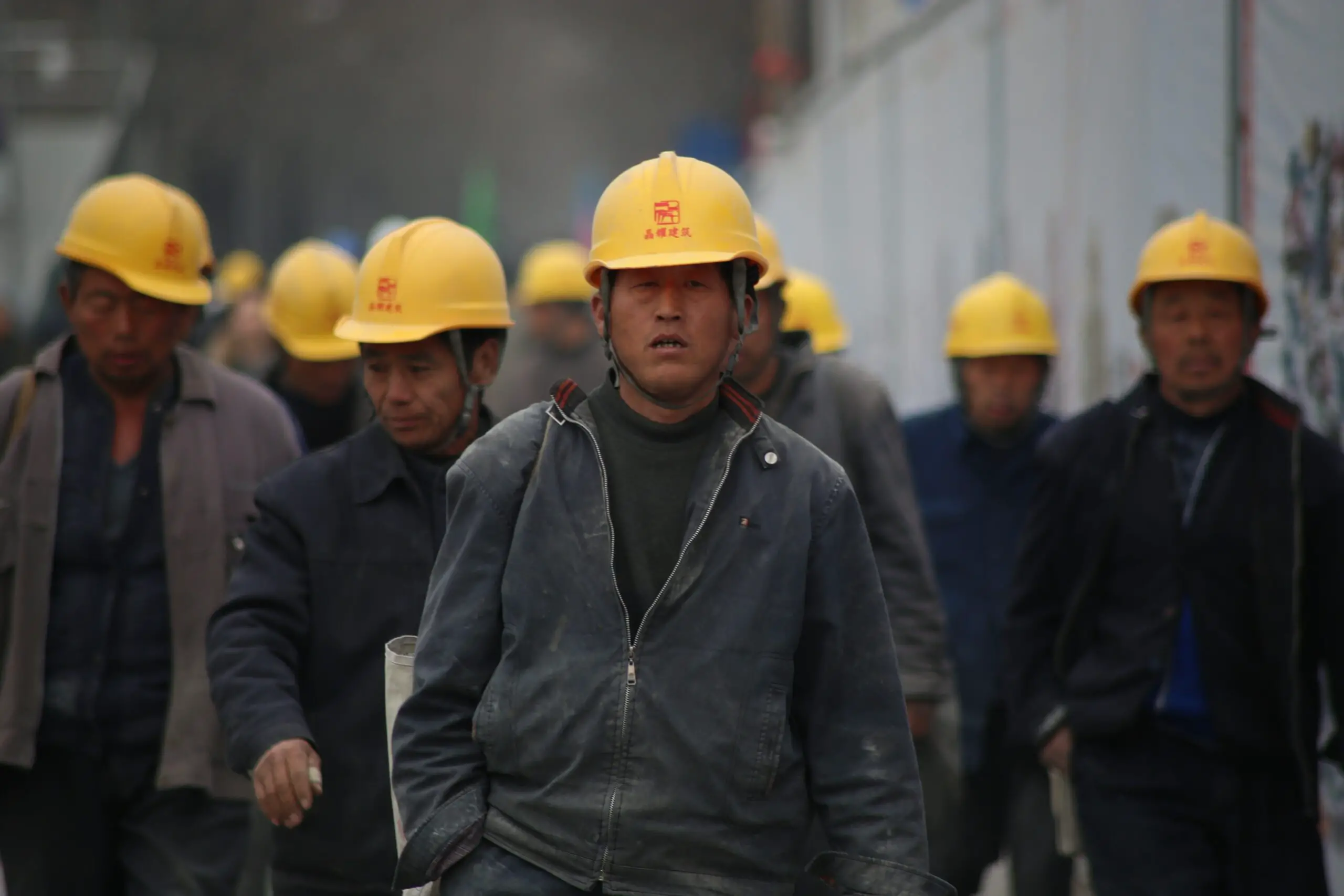You should have noticed that today most of the goods are made in China. But why is everything made in China? How did China become the industrial heart of the world?
China is the largest manufacturer of clothing, toys, and electronics. It also produces large amounts of textiles, machinery, and chemicals. China has a long history of manufacturing with the introduction of affordable labor and low-cost raw materials.
According to a recent study by McKinsey & Company, " China will account for nearly half (45%) of global growth in manufacturing output between 2010 and 2025." In 2011 alone, China produced more than $1 trillion of manufactured goods - about 4% of total US GDP[1].
When did production start moving to china?
With the deepening of globalization and the continuous transfer of industries, China gradually became the "world factory" in the past decades. The development of China's light industry began in the late 1980s.
The Sino-foreign joint ventures were proposed in the late 80s and early 90s. At that time, China had experienced ten years of turmoil and social material scarcity, resulting in low labor costs.
This situation gave the basis to transfer the West's manufacturing industry to China Many Hong Kong, Taiwan, and foreign investments flood mainland China. In 1988, Guo Taiming established the first computer plug-in program factory in Baoshan, Shenzhen.
In 1992, Samsung set up the first production factory in Huizhou, which indicates that Samsung's manufacturing industry officially entered the Chinese market.
As of 2010, China's manufacturing sector has reached over 40% of GDP. The proportion of China's manufacturing output in the global output value of 19.8%, more than the United States.
Steel, cement, coal, home appliances, cell phones, computers, and other industries accounted for more than 50% of the world's production[2]. China has become the "factory of the world".
Is it cheaper to manufacture in China? Why?

The quick answer is yes, it is. The reasons behind this can be complex but can be broken down into several primary factors: First, a massive pool of affordable labor in China can produce high-quality products at a low cost.
Compared to other countries, China has a large population with a quality level of industrialization that enables them to produce high-quality products at a relatively low cost.
Secondly, An abundance of supply chain infrastructure has been established in China. China is the only country in the world with a whole industrial chain that reduces the cost of international trade and logistics.
China's industrial park policy is highly concentrated on the factors of production and production materials. Coupled with the whole industrial chain, manufacturing in China significantly reduced the cost of products, and the cost of production dropped significantly.
In the meantime, China has been vigorously promoting infrastructure development in recent years and has a well-developed infrastructure. Great efforts have been made to build roads, railroads, bridges, airports, high-speed trains, advanced communication facilities, and industrial parks, giving economic activities more efficiency and lower costs.
Apart from the low cost, here are a couple of other reasons for choosing to manufacture in China: There's a combination of government policies that promote growth. The Chinese government has been trying to make it easier for foreign companies to bring in their factories and equipment and to open new ones within its borders.
China's stable social environment and consistent and continuous economic policies allow international and domestic capital to invest confidently. Last but not least, China is not only the factory of the world but also one of the world's largest markets.
With a population of 1.4 billion people, China has a variety of consumers from the highest to the lowest end. The products produced worldwide can generally find buyers here, so we should build our factories here and sell our products close to here.
Why are US products made in China?
The United States is the largest consumer of Chinese products, and China is the largest exporter to the US. The United States buys more than $500 billion worth of goods from China each year.
"Made in China" seems to become the norm in products sold in the United States. How did America become a "Made in China" country?
One main reason is the affordable manufacturing cost in China. In addition, the US government has been encouraging American companies to manufacture their products in China for a long time.
This was done with the intention of reducing the trade deficit between America and China, which had become one of the most enormous deficits in history.
The influence of outsourcing production
Not only the "Made in China" trend, but outsourcing production has also been on the rise over the last decades, and it is expected that this trend will continue in the coming years. Many companies are outsourcing their production to save money by doing so and also reduce their environmental impact.
Outsourcing helps reduce manufacturing costs, which can be used to increase profit margins or reduce expenses. It also provides a way to cut down on labor costs and improve efficiency by utilizing advanced technology and machinery available in other countries.
Outsourcing production also has its side effects. It takes effort to control stages of the production process and to ensure that the products will be manufactured in accordance with requirements.
Moreover, over-dependence on a single economy or group's service may make us more vulnerable; this is also what we need to avoid.
References:
1. China and the world: Inside the dynamics of a changing relationship: https://www.mckinsey.com/featured-insights/china/china-and-the-world-inside-the -dynamics-of-a-changing-relationship
2. Trading Economics - China Exports: https://tradingeconomics.com/china/exports
3. World Economic Forum: https://www.weforum.org/agenda/2018/03/this-is-what-the-us-imports-from-china #:~:text=Americans%20buy%20more%20than%20%24500%20billion%20worth %20of,this%20was%20necessary%20to%20fight%20unfair%20trade%20practic es

